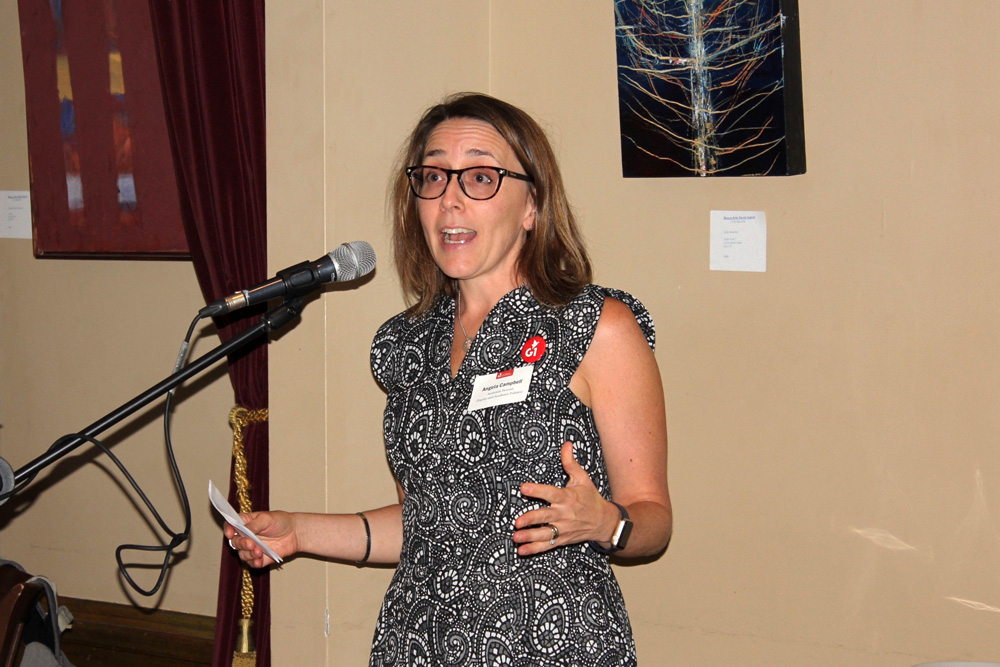
The first person in a family to go to university can find it a somewhat intimidating experience. First Generation (First Gen) students often arrive on campus without any insight on what to expect. Parents of First Gen students are often supportive of their university-bound children but unable to offer much advice on how to navigate their new surroundings and manage their new workload.
Skyla Valade is from a small town near Windsor, Ontario. She’s in U0 year in Arts, and plans to study Environment & international Development.
“My grandparents and parents really wanted me to go [to University], because they never did,” says Valade. “They were very excited that I was getting an education. But I never got to hear firsthand from my parents what it was like for them to go to university when they were my age.”
Timothy Kwan was born in Hong Kong, and moved to Vancouver at an early age. Kwan is in the Faculty of Science and hopes to pursue a chemistry-related major.
“I don’t know anybody who’s done all four years of university well enough to ask them questions I might have about life at a post-secondary school,” says Kwan. “Luckily McGill has a lot of resources available online.”
Many first gen students among McGill staff, faculty and administration
Angela Campbell, Associate Provost (Equity and Academic Policies), is a First Gen student herself.
“We want to reach out to First Gen students, and start a conversation about how to make McGill easier to navigate,” says Campbell. “There are many First Gen students among the teaching and administrative staff, including the Principal and Vice Chancellor, Suzanne Fortier and the Provost, Christopher Manfredi.”
Campbell, Principal Fortier, Provost Manfredi, and others, spoke at a First Gen orientation event at Thomson House on August 28, from 4:30-6:30, as part of Frosh Week. Proudly sporting their G1 buttons, they discussed the challenges of being the first people in their respective families to go to university – and the triumph in earning that first degree.
Former McGill Law prof and current MP for the riding of LaSalle-Émard-Verdun David Lametti, also spoke at the event.
The son of Italian immigrants, Lametti talked about how in his early days at university, he became friends with members of the custodial staff because he had more in common with the caretakers and cleaners than he did with classmates and professors.
Provost Manfredi reminded the crowd how fortunate we are to live in a country where people from more humble beginnings, like both he and the Principal, have the opportunity to pursue an education and, ultimately, become leaders in their fields.
Often juggling school with full-time jobs
One of the organizers of the event, Professor Lisa Overholtzer of Anthropology, is originally from a small town in Northern California. Overholtzer is a First Gen student who reached out to Associate Provost Campbell after reading a Student Society of McGill University (SSMU) report called Striving to Place on First Gen students.
“First-generation college students often lack family support in the college application process,” says Prof. Overholtzer. “They may feel like they do not ‘belong’ in the academic community. They may experience feelings of guilt and failure, part of ‘imposter syndrome,’ which is common among underrepresented populations.”
Overholtzer points out that First Gens are more likely to hold a full-time job, and get into debt during their undergraduate and graduate level education. It can them longer to graduate, and their marks may be lower. At the same time, First Gens can achieve great success, as they are also hard working, determined, with the drive and independent spirit that got them through the competitive admission standards of McGill.
“I funded my own undergraduate education through a combination of scholarships, student loans and part-time jobs,” Prof. Overholtzer says. “I couldn’t afford to take advantage of some opportunities, such as an archaeology field school in Honduras during the summer after my second year. Because I come from a rural background I felt that I was between ‘two worlds’— my upbringing and university.”
There are plans for more social events later in the year, and there is a possibility of extending the first-year mentorship program, pairing up interested First Gen students with First Gen mentors. The team working on these initiatives includes members of McGill Student Services and the Social Equity & Diversity Education (SEDE) Office.
Anyone with ideas about ways to support First Gen students is invited to email Professor Overholtzer or Associate Provost Campbell at lisa.overholtzer@mcgill.ca or angela.campbell@mcgill.ca.
